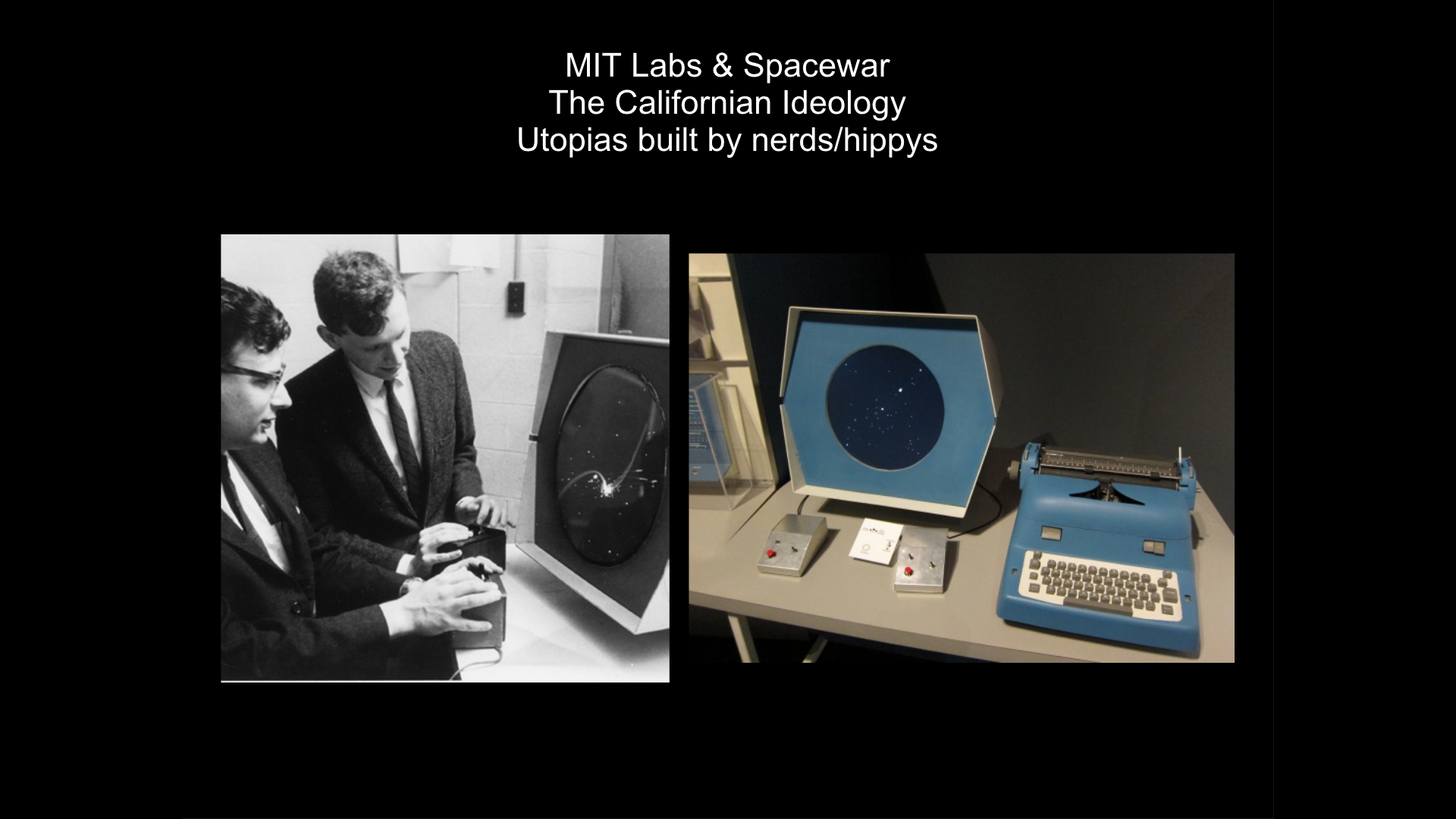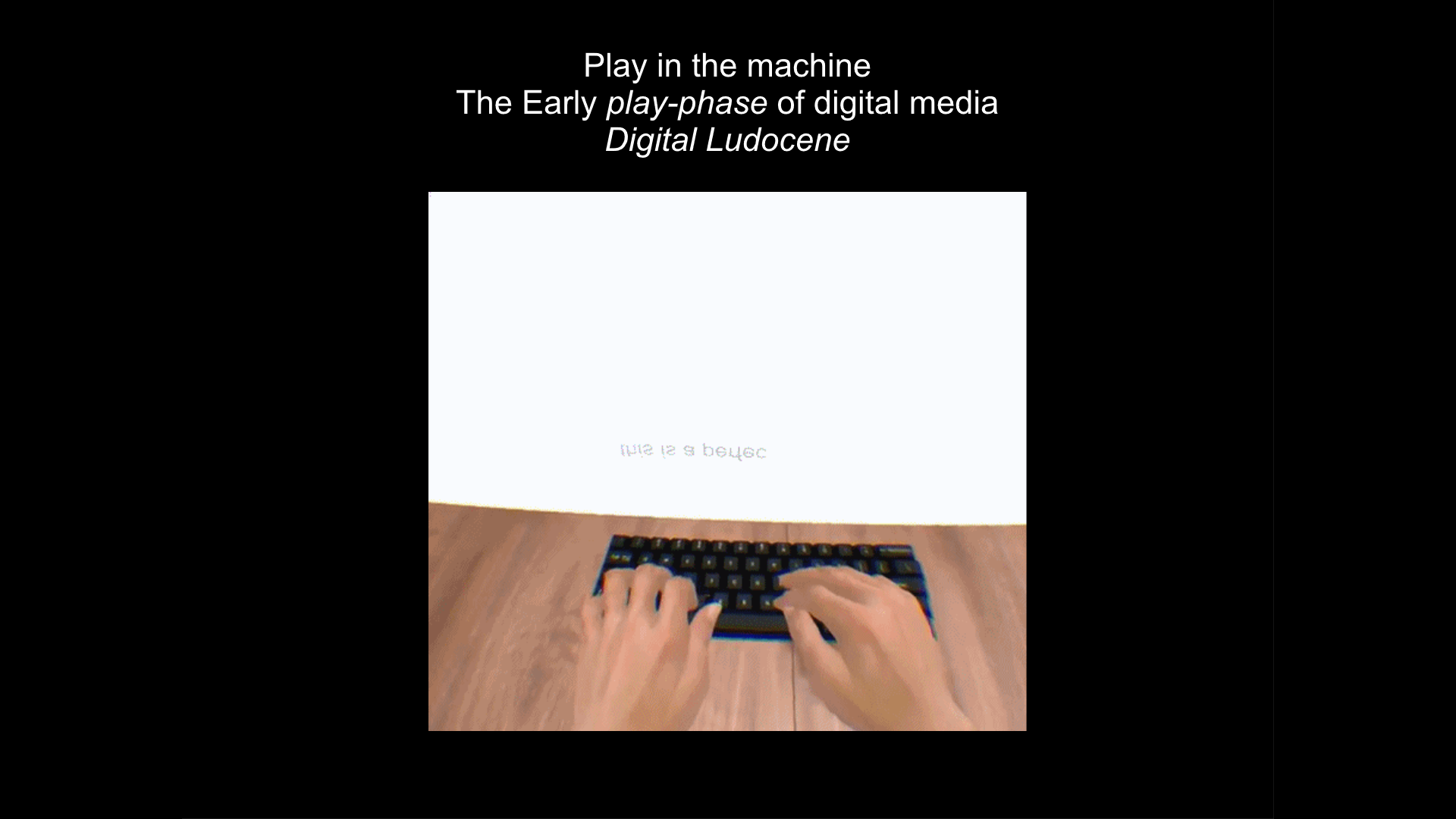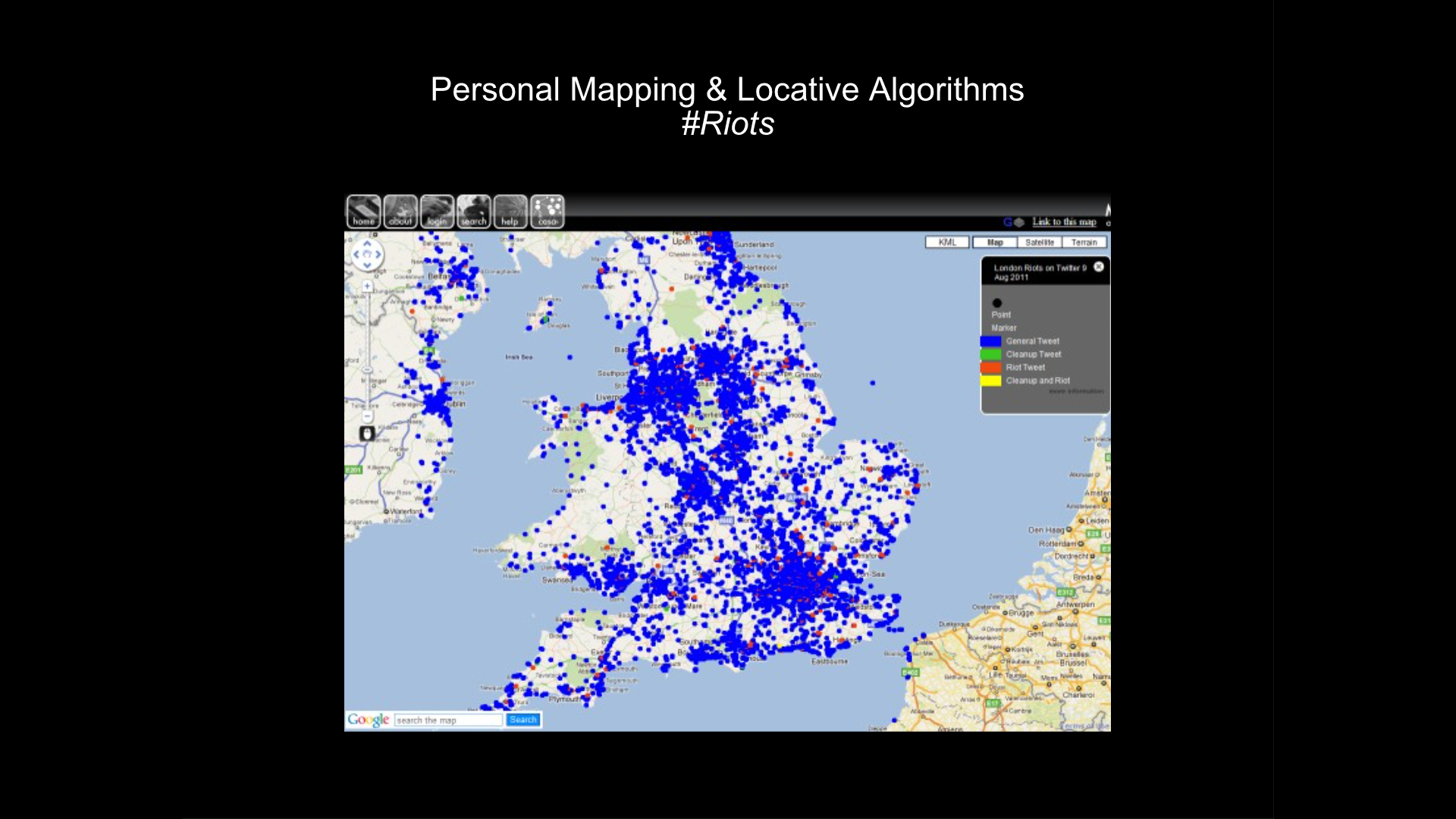LUDIC TECHNIQUES FOR MAKING ART
The Digital Storyteller and the agency of play within Socially Engaged Art practices
2016 Chelsea College of Art

‘We no longer tell stories, we listen to them’
This is the statement made in the White Wolf publishing games manual for 'Vampire' (1992) a pencil-and-paper role-playing game that pioneered communal storytelling in the then booming market for second-person storytelling that included you! Before the advent of computer games replaced the desire to be part of the action. We might cynically rephrase that for 2016 as ‘We no longer tell stories, we play in them’. The digital game-structures of society have become inclusive and participatory in appearance only, like reality television voting, online petitions, or the linear paths of computer games. The ambient hum of the 21st century is participation and inclusion yet the reality is often spectacle without agency.
Communication technology rewards what Walter Benjamin calls 'our desire to bring things spatially closer'. As vast virtual communities are formed that are able to disseminate knowledge over ever-expanding networks our grasp on communities and groupings becomes increasingly tenuous. The voices and agency of the individual users (digital storytellers, Artists, Content-creators) become less discernable over the noise of the network, as consensus and the latent physical and social politics of social media are normalised without scrutiny. How do individuals and artists retain agency within the dynamics of these systems, How can you tell a contemporary story?
This workshop will lead a group discussion into the techniques of play and what Mikhail Bakhtin calls ”the carnivalesque” cultural inversion that takes place in certain types of art practices, paying close attention to Pablo Helguera's definition of ”Socially Engaged Art”. We will look at brief histories of other cultural practices such as LARP (Live Action Role Play), Computer games, Johan Huizinga's definition of Play, transpedagogy etc. The aim of the workshop will also be to examine the art school as a place of creation and incubation for ideas; everyone will be guided through the creation of temporary game (in the loosest sense of the word) to be played-out with the rest of the group.
This workshop will lead a group discussion into the techniques of play and what Mikhail Bakhtin calls ”the carnivalesque” cultural inversion that takes place in certain types of art practices, paying close attention to Pablo Helguera's definition of ”Socially Engaged Art”. We will look at brief histories of other cultural practices such as LARP (Live Action Role Play), Computer games, Johan Huizinga's definition of Play, transpedagogy etc. The aim of the workshop will also be to examine the art school as a place of creation and incubation for ideas; everyone will be guided through the creation of temporary game (in the loosest sense of the word) to be played-out with the rest of the group.

 This temporary physical/mental space is perhaps closest to the seriousness with which a child plays. Exemplified here in an anecdote by Johan Huizinga about his friend discovering his son playing on his own :
This temporary physical/mental space is perhaps closest to the seriousness with which a child plays. Exemplified here in an anecdote by Johan Huizinga about his friend discovering his son playing on his own :“He found his four-year-old son sitting at the front of a row of chairs, playing “trains”. As he hugged him the boy said: “Don't kiss the engine, Daddy, or the carriages won't think its real”.”
